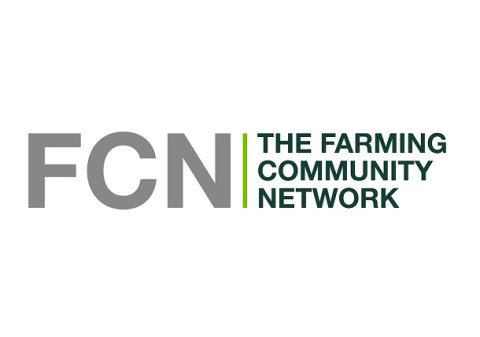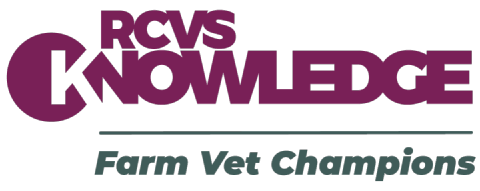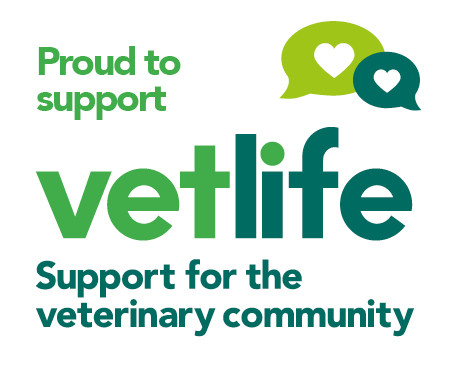As governments and global organisations look to ways to meet the pledges made at the COP26 meeting in Glasgow, the British Cattle Veterinary Association (BCVA) has launched its new sustainability policy document to help UK farm vets and their clients in agriculture work towards its own Net Zero ambitions.
This important new policy outlines how the farm animal veterinary profession is crucial in driving increased efficiency in both the dairy and beef sectors, by providing preventive healthcare and treatment, national disease control strategies, biosecurity, monitoring and surveillance, nutritional advice, breeding and fertility services, training, public health, promotion of animal welfare and research and development.
BCVA Board member, Rachel Hayton, who led the development of this key policy for BCVA, says; “Cattle vets have a crucial role to play in working with their clients. Together we can improve efficiency in the dairy and beef sectors by providing preventative healthcare, improving key performance indicators and managing disease. We are also here to help farmers to develop progressive, regenerative agriculture practices, using an evidence-based, One Health approach to achieve net zero warming in UK farming. We really believe a level playing field in a fair regulatory and economic framework is needed, so that farmers and vets can find their own solutions which will differ by circumstance. With this policy BCVA aims to help promote the role of vets in sustainability from farm to fork, while ensuring that animal health and welfare remains a key objective.”
There are 7 key policy areas featured in the paper; The role and influence of vets, Impact of performance and disease, Engagement, training, development and collaboration, Net Zero in a fair regulatory framework, Developing robust metrics, Responsible use of veterinary medicinal products, and Promoting sustainability in veterinary practices.
Throughout the statement there is a thread that ties the veterinary profession with their clients and colleagues in agriculture, to show that cattle vets have an understanding of the of the different approaches that farmers may take and their contribution they can make to the sustainability agenda.
BCVA President, Dr Elizabeth Berry, says, “It is vital that any ‘new’ approaches are underpinned by sound veterinary advice and that farmers embarking on agroecology initiatives feel confident that the veterinary sector is fully engaged with what they are trying to achieve. Our farm clients understand their crucial role in the management of soil, water, nitrogen, and carbon cycles and in turn the biodiversity of the UK’s farmland. There isn’t a single-bullet-solution that can be applied universally, but together there are strategies to employ on a bespoke basis and they all need to take an uncompromising approach to animal welfare.”
The BCVA’s Sustainability Policy is intended as a foundation document which will be supported by additional guidelines and policies. The first will be its new policy on anthelmintics, published in December 2021.






